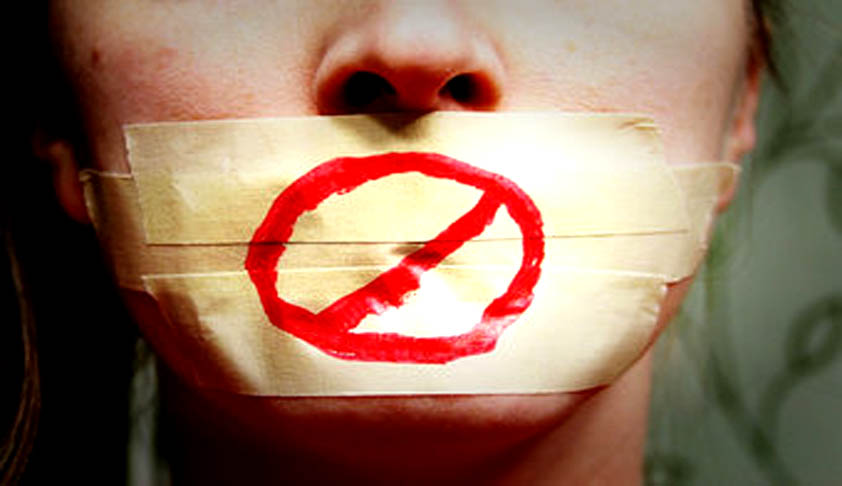Background !
Subramanian Swamy had filed a Writ
Petition before the Supreme Court asking the court to decriminalize defamation
in India sometime early this year !
************************************************************************
The main
contention of Swamy is:
““(a) The provisions contained in Sections 499 and 500 IPC,
travel beyond the restriction clause enshrined under Article 19(2) of the
Constitution of India, for that really constricts the freedom of speech beyond
reasonable limit.
(b)The very purpose of
Article 19(2), as would be evident from the debate in the
provisional Parliament, was not meant to put such
restrictions
and, therefore, such an enormous restriction cannot be thought of
under Article 19(2) to support the constitutionality of the said provisions and
further it will violate the concept of rule of law.”
************************************************************************
Letz understand the issue !!

The freedom of speech and expression
is not absolute and is subject to ‘reasonable’
restrictions.
Defamatory speech is one such restriction prescribed under the constitution.
Therefore, in order to curb speech that is defamatory, the restriction imposed
should be ‘reasonable’.
In the case of Chintaman Rao v. The State of
M.P. the Supreme laid down the meaning of the term
‘reasonable restrictions’ –
“The phrase “reasonable
restriction” connotes that the limitation imposed on a person in enjoyment of
the right should not be arbitrary or of an excessive nature, beyond what is required
in the interests of the public. The word “reasonable” implies intelligent care
and deliberation, that is, the choice of a course which reason dictates.”
What Section 499/500 says ?
- The IPC
under Section 499/500 criminalizes defamatory speech.
- This means
that a person can be imprisoned for a maximum period of 2 years, if found
guilty.
- Therefore,
Section 500 in order to be lawful must withstand the test of a ‘reasonable
restriction’.
Currently,
civil defamation is dealt with under the law of torts whereas criminal
defamation is an offence under Section 499 of the IPC.
NOW THE QUESTION
is ?
It is,
therefore, necessary to check whether Section 500 of the IPC is excessive i.e.
beyond what is required in the interest of public or whether it is a
‘reasonable’ course of action.
Various Arguments !!
- Acts of
murder, rape, theft etc. are punishable with imprisonment i.e. the
personal liberty of the accused is taken away. These are ‘crimes’ /
‘in rem’ and the society at large has a reason to be afraid of these
‘criminals.’ However, a matter of defamation can be distinguished in
gravity from these crimes. Defamation
is usually personal i.e. between two individuals. Moreover,
unlike a victim of rape, murder or theft, a person who has been defamed
has an opportunity to respond to the allegations made against him and set
the record right. Given these crucial differences, curtailing the liberty
of an individual and treating him at par with a murder, rapist, thief,
appear to be disproportional and hence arbitrary.
- The IPC and
section 500 was drafted in 1860 – 155 years back! Surely,
times have changed and so have mindsets. Imprisoning a person for speech
that hurt another person’s reputation, today, seems prima facie ridiculous. Unless the defamatory
speech disturbs public order, the person making such speech should not be
imprisoned. 155 years back, punishments were generally harsh but society
has grown and matured so must the law.
- Criminalizing
defamation can be very counter- productive. Big companies can use it as a tool to harass,
threaten and bully individuals to a greater extent than if defamation was
merely a civil action. Being tagged as an ‘accused’ for litigation that
may never end along with the fear and consequence of imprisonment is
enough to shut a vulnerable individual up for good. This will lead to
self-censor which will in turn freeze speech and debate to a large
extent.

